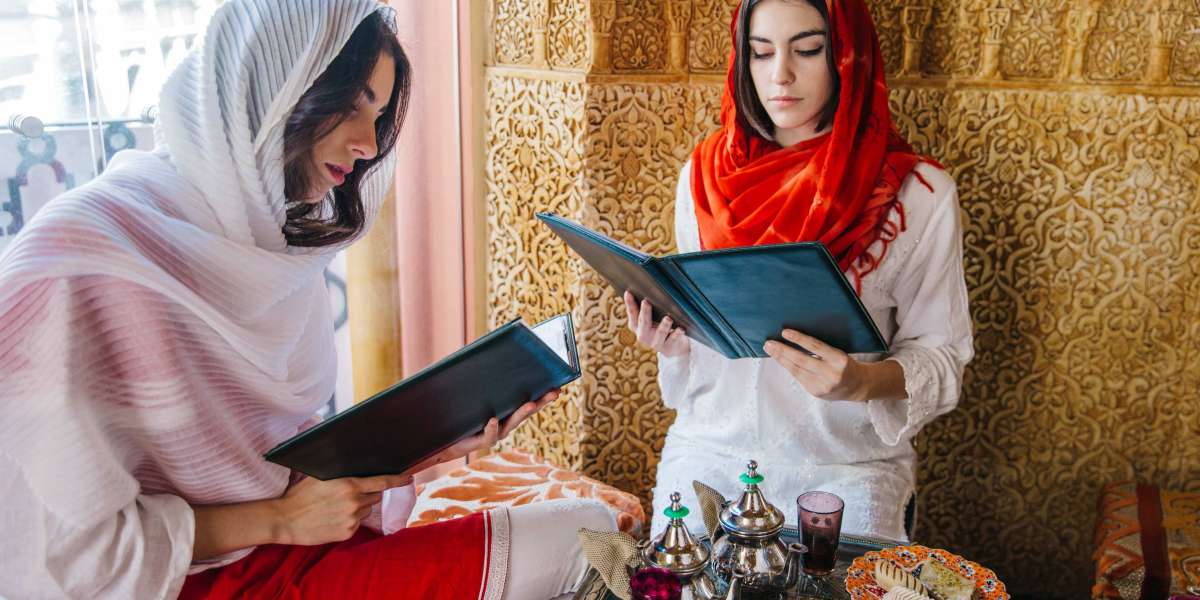In a world marked by rapid technological advancements and evolving cultural landscapes, it becomes imperative to explore how religions adapt to contemporary trends. Islam, a faith with a rich history, is not immune to the influences of the present day. In this article, we delve into the current trends within Islam, shedding light on the truth about Prophet Muhammad and addressing common misconceptions about the religion.
The Truth about Muhammad:
Understanding Islam begins with an exploration of Prophet Muhammad's life. Muhammad is regarded as the final prophet in Islam, chosen by Allah to convey His message to humanity. His life, documented in the Quran and Hadiths, provides a blueprint for devout Muslims. However, misinformation and misconceptions often cloud the truth about Muhammad.
Muhammad, born in Mecca in the 6th century, is revered for his honesty, kindness, and commitment to justice. He preached monotheism, emphasizing the worship of one God. His teachings, encapsulated in the Quran, underscore principles of compassion, equality, and social justice.
It is crucial to separate fact from fiction when discussing Muhammad. Misconceptions often arise due to a lack of understanding or biased narratives. Exploring the authentic sources of Islamic teachings can help dispel myths and promote a more accurate understanding of the Prophet's life.
Misconceptions about Islam:
Despite its rich history and teachings promoting peace, Islam has been subject to numerous misconceptions. One prevalent misunderstanding is the conflation of Islam with acts of violence carried out by extremists. It is essential to recognize that these actions do not represent the beliefs of the entire Muslim population.
Islamophobia also perpetuates misconceptions about the religion, leading to the stigmatization of Muslims. It is important to engage in open dialogue, fostering understanding and tolerance to overcome these prejudices.
Furthermore, misconceptions often arise from a misinterpretation of Islamic practices. For example, the concept of Jihad, often misunderstood as holy war, actually refers to the spiritual struggle for self-improvement. By clarifying such aspects, we can bridge the gap between perception and reality.
Exploring Islam in Today's Trends:
In the 21st century, Islam is not insulated from contemporary trends. Muslims around the world are utilizing technology and social media to connect, share experiences, and foster a sense of community. Islamic influencers and scholars use these platforms to educate, providing valuable insights into the teachings of Islam and dispelling myths.
Moreover, the younger generation of Muslims is navigating the challenges of balancing traditional values with modern lifestyles. The integration of Islam into various aspects of life, including fashion, art, and education, reflects the adaptability of the religion to the present day.
Conclusion:
Exploring Islam in today's trends requires a nuanced understanding of its core teachings, as well as a commitment to dispelling misconceptions about islam. By uncovering the truth about Prophet Muhammad and addressing common misunderstandings, we can foster a more informed and inclusive global society. As we navigate the currents of change, embracing diversity and promoting dialogue will be instrumental in promoting harmony and understanding within the diverse tapestry of humanity.








